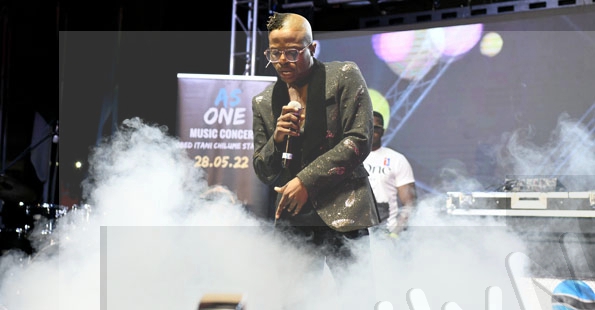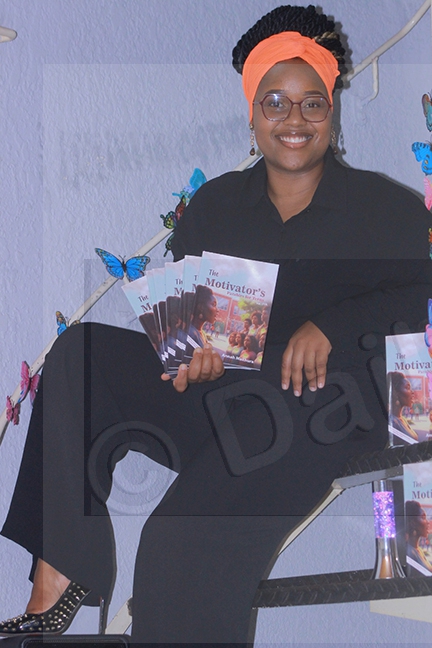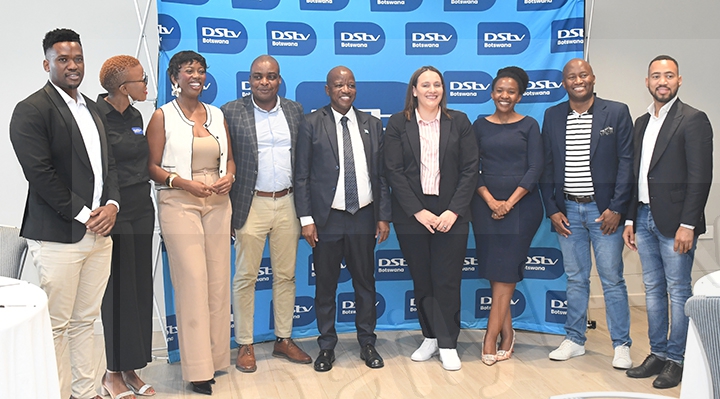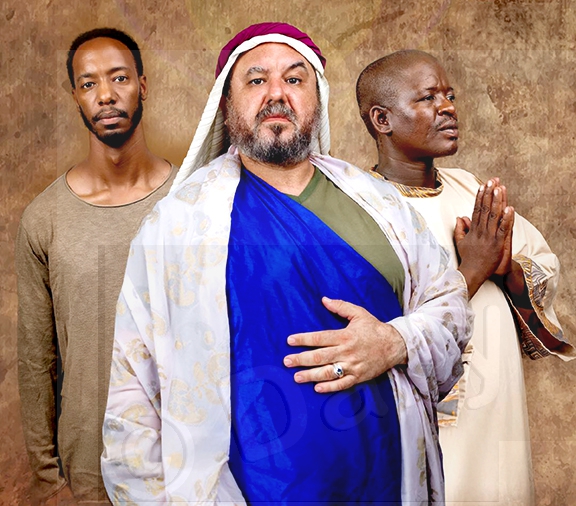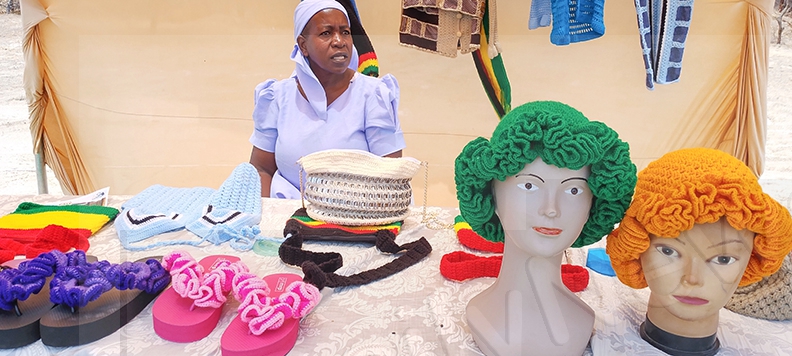Bakwena retrace roots
07 Sep 2017
Botswana’s founding father, Sir Seretse Khama is often quoted saying “a people without a past, is a people without a soul.”
If his words are anything to go by, then one could say Bakwena tribes from Southern Africa are in the right track in retracing their roots to establish where they originated and to attempt to unify the scattered Bakwena tribes, who are found in four countries in the region.
Among the many tribes that make up the Tswana people, it is the Bakwena that have fragmented so many times making them the biggest tribe among the Tswanas.
In view of this, the LOLA project, a non-profit making organisation based in South Africa, embarked on a mission to try to forge a union among the Bakwena from South Africa, Lesotho, Namibia and Botswana. The project also seeks to unearth the history of Bakwena.
The chief executive officer of the LOLA project, Mr Thato Modikoane has in the past two months been in Botswana to sell the idea to the Bakwena royal family in Molepolole whom he said had welcomed the idea with open arms.
Over the weekend during the Dithubaruba Cultural Festival at Ntsweng Heritage Site, dikgosi from royal families of Bakwena in different parts of South Africa, who had come to grace the ceremony, said the Bakwena history needed to be celebrated.
Kgosi Manothe Ramokoka of Bakwena-ba-Baphaleng in South Africa is of the view that Kgosi Sechele I’s significance was not celebrated as equally as other monarchs in the region.
He said he had observed that other ethnic groups who fought and later succumbed to the Boer conquest in the 19th century had great recognition placed on them as compared to Sechele I and his tribe despite their resounding victories over the Boers in several battles, including the battle of Dimawe
Kgosi Tebogo Mmamogale of Bakwena-ba-Mogopa reiterated the need for all Bakwena tribes to unite.
He said the starting point was to consult first with all dikgosi from all Bakwena tribes, as they believed that dikgosi were torch bearers of all matters of culture, and that they needed to seek the green light from them.
After the consultations, he said it was agreed that each kgosi would nominate a representative to be part of the LOLA project.
He said while they acknowledged that from a political perspective there were borders that set territorial boundaries, they wished there could be no borders. “We want to reunite Bakwena,” he emphasised, adding that the fact that they know the history, the LOLA project presented an opportunity for all to make an input in policy making so that they could make their communities a better place to live in.
The tribes are expected to benefit from the project through exchange programmes that will aid the sharing of ideas and experiences.
He added that the history of Batswana was distorted hence they want to engage UNISA, the University of North West in South Africa and the University of Botswana to carry research and document their history accurately.
In an interview, Kgosi Kgari III welcomed the LOLA project initiative to forge unity among all Bakwena groups in Southern Africa.
He said the initiative came at an opportune time when there was a arising need for people to know their history and heritage. He noted that the new development would increase interactions among Bakwena in Botswana, South Africa, Lesotho, Namibia and beyond.
He further said it was crucial for people to know their roots, and how and when they fragmented into small groups and how they could cooperate going forward. BOPA
Source : BOPA
Author : Lindi Morwaeng
Location : Molepolole
Event : Dithubaruba
Date : 07 Sep 2017



